Charles Skorina & Company
● RETAINED EXECUTIVE SEARCH ●
Our clients: visionary families, transformative nonprofits, Wall Street trailblazers
Our vision: build investment preeminence, create opportunity, enrich lives
Our work: provide talent, access, relationships, and insights
LATEST NEWSLETTER
The price of ability does not depend on merit but on supply and demand. – George Bernard Shaw
For our summer 2023 OCIO directory we wrote: Despite the Nasdaq losing a third of its value, 33%, the Russell 3000 down by 20.48%, the S&P 500 off 20%, and the Dow shedding 9%, total outsourced assets on our list dipped a tenable 9.5%, or $356 billion to $3.4 trillion.
How quickly time flies. Today, with global markets hitting record highs, our latest directory flush with providers, and related AUM over five trillion dollars, discretionary outsourcers of every persuasion are charging ahead chasing assets and fees.
But we can’t help but wonder, are there really that many fully-integrated, conflict-free, financially-grounded, independent investment offices – to paraphrase Hirtle Callaghan’s raison d’etre – fit and able to serve the needs of families, foundations, and related nonprofits?
Supply and demand, duh!
There’s torrential demand as waves of new money seek professional advice. And a supply gusher as stalwarts and wannabes rewire their practices for OCIO prospects.
Every week it seems someone we’ve never heard of with three, four hundred million comes calling. Their wealth has surged, they’ve funded a foundation – or sit on the board – and it’s all getting out of hand. Everyone’s after a piece of their pie, they’ve browsed through our directory, and they’re looking for a firm they can trust.
“The US commands an extraordinary 34% of global liquid private wealth and houses 37% of the world’s millionaire population according to the latest Henley & Partners wealth report. And this wealth dominance extends across all brackets, with 36% of the world’s centi-millionaires (those with USD +100 million) and 33% of its billionaires residing in the US.”
Eying the celestial end of the wealth spectrum, the Wall Street Journal reports: “The net worth held by the top 0.1% of households in the U.S. reached $23.3 trillion in the second quarter this year, from $10.7 trillion a decade earlier, according to the Federal Reserve Bank of St. Louis. The amount held by the bottom 50% increased to $4.2 trillion from $900 billion over that period.”
The big squeeze
Pricing plans are crumbling as cost increases and fee compression undercut margins. Revenue on managed assets topped $58 billion in 2024 announced Boston Consulting Group, but almost three-fourths of the gain (70%) came from market performance and a move to lower-priced products.
Meanwhile, it takes a small fortune to field a full-service institutional grade practice as compensation, sourcing, due diligence, cyber-security, audits, and compliance expenses continue to climb.
“Shifts in product offerings and approaches to distribution, industry-wide consolidation, and the need for radically leaner cost structures” are behind the squeeze. To fatten margins, BCG suggests offering actively managed assets such as active ETFs, model portfolios, and separately managed accounts, and offering private assets to retail clients.
But therein lies a dilemma. To truly serve clients, aren’t discretionary outsourcers obliged to avoid the conflicts and temptations endemic in money management? Alicia McElhaney, Institutional Investor, describes the quandary:
“A pioneer in the outsourced chief investment officer business says it’s necessary to be both a pure-play provider — with no products to sell — and have scale. A large asset manager believes disclosing and managing potential conflicts is enough. A search consultant says no OCIO is truly free of competing interests.”
OCIOs everywhere
What exactly is an outsourced chief investment officer? To date there’s no industry standard or designated authority to police the usurpers.
We publish our directory to help families and institutions locate, review, and connect with full-service discretionary outsource investment managers. If a firm says they provide OCIO services, and their website suggests they do, we usually, though not always, add them. But there sure are a lot of them.
[For this issue we removed five firms and added one, Third Lake Partners.]
Institutional grade OCIOs are sophisticated operations. The crème de la crème have years of experience – time to fully hone systems, service, succession, and investment capabilities. Hirtle Callaghan and Blackrock opened for business in 1988, McMorgan & Company set up shop in 1969, Brown Brothers Harriman and JPMorgan Chase date back over two centuries.
Adding to the muddle, each OCIO has its own culture, client mix, investment style, and biases. Some firms focus on indexing and liquid markets, others on alternatives, still others on ESG. Some customize portfolios for clients, others don’t.
Final thoughts
The outsourced full-discretion investment business is hyper-competitive, hard to differentiate, and expensive to scale, with hundreds of players including RIAs, banks, brokers, and asset managers all competing for nonprofit and UHNW discretionary mandates. It’s hard to cut through the clutter.
To quote an industry veteran: “As more and more thoughtful investors recognize the power and promise of OCIO, it’s time to review its three primary requirements.
- A Conflict-Free Structure: OCIO requires a structure that is conflict-free and truly open architecture with no products or hidden corporate agendas to confound decision making.
- Purchasing Power: OCIO requires sufficient purchasing power to pay for talent and support to fully exploit global complexity, noise, and opportunity.
- An Investment Management Culture: OCIOs require a point-accountable, investment management culture.”
Our advice? When looking for an OCIO, it pays to be thorough. Once a family or foundation (or pension fund, healthcare system, insurance company, etc.) commits to a partner, an OCIO relationship is not easily undone.
Charles Skorina
————————————————–
Outsourced Chief Investment Officer
(OCIO) Directory, Fall 2025
Read More »NEWS AND COMMENTARY
ABOUT
SKORINA IN THE NEWS
2-19-25 Institutional Investor: Most endowment returns aren’t high enough to cover universities’ costs
11-15-24 Institutional Investor: Nokia taps mercer to navigate evolving corporate pensions
5-7-21 BloombergNews: Yale Names Alex Banker Interim Endowment Chief, Plans Search
5-6-21 The New York Times: David Swensen, Who Revolutionized Endowment Investing, Dies at 67
5-6-21 Forbes: Yale Endowment Chief David Swensen Leaves Legacy of Top College Investment Leaders
CHARLES A. SKORINA & COMPANY works with leaders of Endowments, Foundations, and Institutional Asset Managers to recruit Board Members, Executives Officers, Chief Investment Officers and Fund Managers.
Mr. Skorina also publishes THE SKORINA LETTER, a widely-read professional publication providing news, research and analysis on institutional asset managers and tax-exempt funds.
Our Practice:
• We recruit Board Members and Executive Officers, Chief Investment Officers and Senior Asset Managers.
• Our research and analytics are backed by over thirty years of hands-on recruiting experience and an unrivaled personal network.
• We collect performance, compensation, and background data on most senior institutional investment professionals in the U.S. and the funds they manage. We analyze that data to construct profiles of those managers and their funds, identify best-in-class people, and map their career trajectories.
• We share our research and insights in a widely-read professional newsletter – THE SKORINA LETTER – and website – www.charlesskorina.com.
• The New York Times, Wall Street Journal, Bloomberg, Thompson Reuters, Financial Times (Fundfire), Institutional Investor, Pensions & Investments, Private Equity International, and the institutional investment community use our research and analysis. Skorina has been interviewed on chief investment officer compensation issues on Bloomberg TV.
• Our work is regularly re-printed in Allaboutalpha.com and other industry magazines, blogs, and third- party web postings.
• We focus specifically and effectively on the world we know: Board members and Executive Officers, Chief Investment Officers, and Senior Asset Managers at institutional investment firms and funds – including sovereign wealth funds, endowments, foundations, pension funds, banks, investment banks, outsourced chief investment officer firms (OCIO), and sell-side money managers.
Prior to founding CASCo, Mr. Skorina worked for JP MorganChase in New York City and Chicago and for Ernst & Young in Washington, D.C.
Mr. Skorina graduated from Culver Academies, attended Michigan State University and The Middlebury Institute of International Studies at Monterey where he graduated with a BA, and earned a MBA in Finance from the University of Chicago. He served in the US Army as a Russian Linguist stationed in Japan.
Charles A. Skorina & Co. is based in Tucson, Arizona.




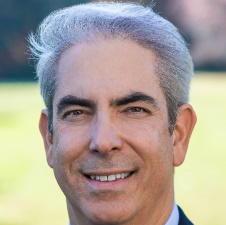
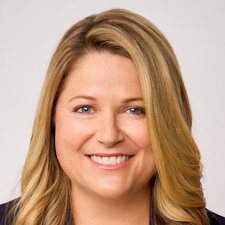


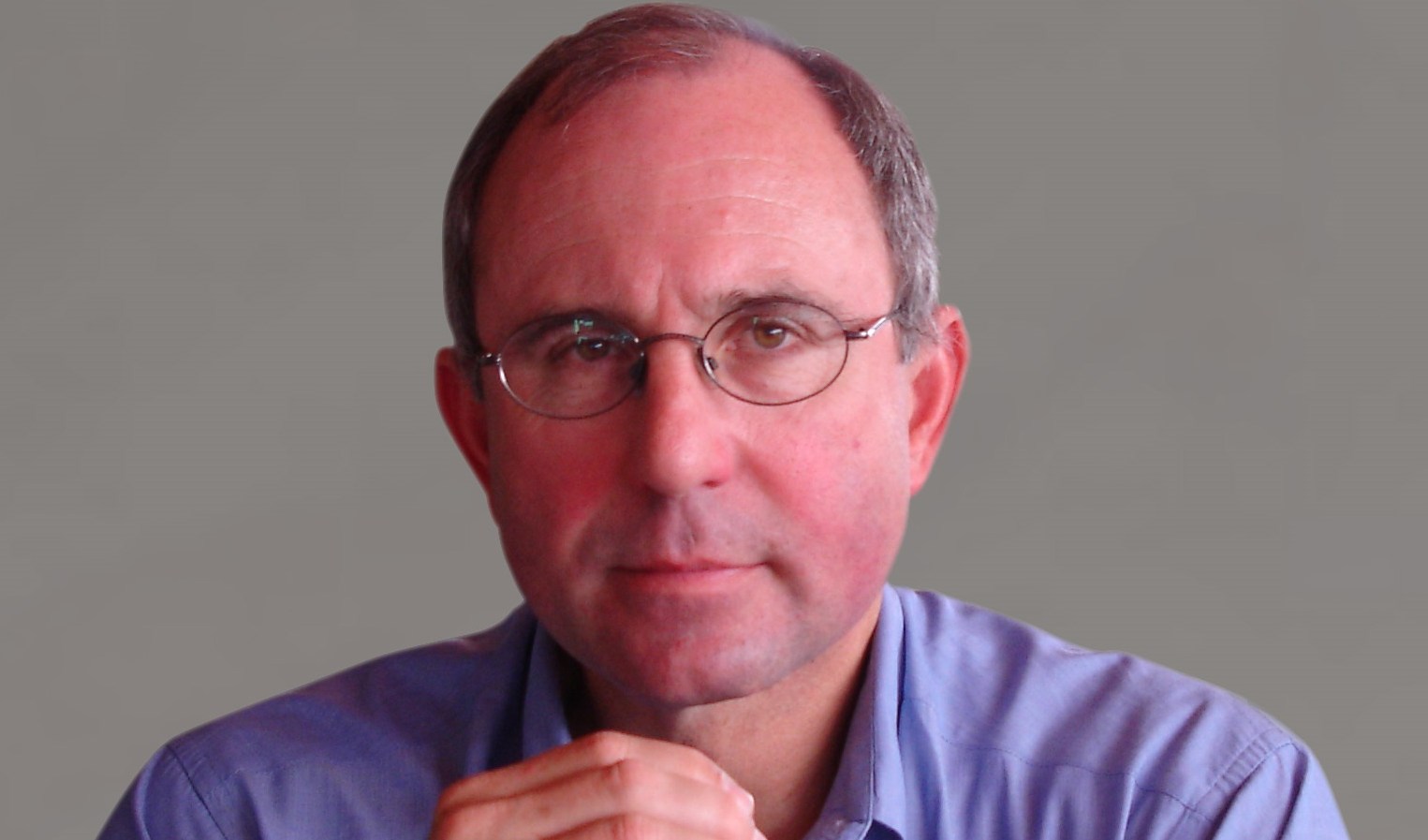

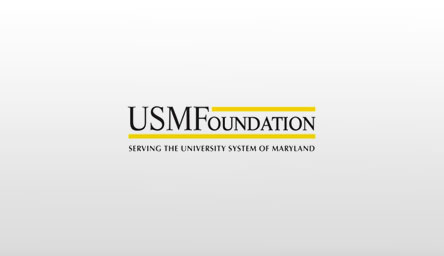

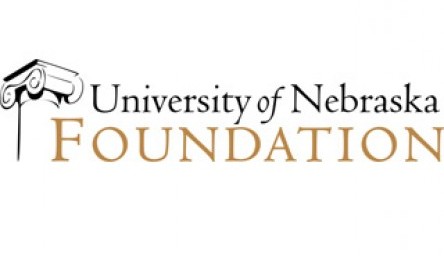
Changing Times
“People don’t know what they want until you show it to them.” — Steve Jobs
The late David Swensen, Yale’s formative chief investment officer, found value in dark corners, those unknown managers and overlooked opportunities Heather Gillers referred to in a recent WSJ article. But there hasn’t been much new in money management since Mr. Swensen wrote the playbook.
Whether non-correlated, factor-based, or managed TPA, when we do our ten-year return studies most institutional portfolios look and act the same.
So, here’s a question. If most investment managers think alike, what’s to keep AI and algorithms from taking their jobs?
Barter to Bitcoin
Disruptive technologies and blockbuster products, computers and ETFs, come around maybe once every fifty years, so the time seems ripe for the next big thing — those creative convulsions Professor Clayton Christensen warned about.
Here’s a piece that caught our eye, an excerpt from an article on AI, crypto, and seismic change by Caltech grad and tech founder Ryan W. Sinnet, PhD. A vignette about horses.
In 1920, America reached peak horse: 25 million animals powering the nation’s economy.
But the end had already begun in the cities. In 1910, New York City housed 128,000 working horses, according to the NYC Department of Records. They pulled carriages, delivered milk, hauled freight.
Every morning, thousands of horses trudged through Manhattan streets, their iron shoes striking cobblestones in a rhythm that had echoed through cities for centuries. Smart money owned stables, carriage companies, hay distribution networks. The horse industry wasn’t just big—it was civilization itself. Unthinkable to replace.
Yet by 1920—even as rural America reached peak horse—New York’s horse population had already collapsed to 56,000, more than half gone in a single decade. The transformation was already accelerating.
By 1912, New York City had 38,000 motor vehicles on its streets, and the automobile age had clearly arrived. By 1917, the last horse-drawn trolley made its final trip.
The entire ecosystem that supported horse labor—stables, blacksmiths, harness makers, feed suppliers, auction houses—didn’t evolve or adapt. It vanished. The 25 million horses that powered America in 1920 plummeted to just 3 million by 1960.
Those horses never came back.
Relationships matter
Chatbots, robo-advisors, Zoom, and the cloud are now obligatory parts of the financial landscape. Generations born in the internet age seem fine without the human touch as long as their assets are globally accessible, secure, and earn enough to pay the bills.
But that’s on the retail side. These “digital natives” may be inured to “Tilly Norwoods” and “Schwab Intelligent Portfolios,” but how about foundations, endowments, and UHNW families with large diverse holdings? Might they still want a human at the helm? Someone who “understands their needs and speaks to their sensibilities” as Ken Tsuboi, chief investment officer at McMorgan & Company describes constructive client engagement.
Successful wealth stewards embrace the goals, aspirations, lifestyle preferences, and risk tolerances of their clients. Kathryn George, Partner, Brown Brothers Harriman points out that “Wealth is never just about money. It’s intimately intertwined with relationships – between generations, between values, and between expectations.”
We tallied a record high $4.865 trillion dollars in outsourced assets In our last OCIO report. Rich Nuzum at Franklin Templeton counts the “rise of private market alternatives; the global war for in-house investment talent; the data, digital and technology arms race; and the increasing number of asset owners questioning the need to manage investments in-house” as major factors driving growth.
Funds and families with two billion or more may have the means to field internal investment capabilities, assuming they have the time and patience to build, staff, monitor, and maintain such a business. But for those with less regal sums, outsourcing the complexities and risks to professionals they trust is an effective way to keep their commitments and secure their legacy.
Final thoughts
According to Altrata’s World Ultra Wealth Report 2025 “the total net worth of the UHNW class rose by 6.7% to $59.8tn at the end of June 2025 (and by 11.6% in 2024) – a figure double that of the annual GDP of the US.”
That’s encouraging. After all, managing money is one of America’s key competitive advantages. And we recruit the managers who manage the money.
And yet . . . I can’t help but worry.
“Not because AI does everything better, but because it does enough things cheaply enough that the economics become undeniable” as Dr. Sinnet contends.
About twenty years ago, I had lunch with the EVP of Equities at a major west coast mutual fund company. A fellow University of Chicago grad, he was smart, savvy, and successful, but the lunch ended on a sour note when I remarked that Index funds and ETFs might be a problem down the road for the full-load fund business. Right comment, wrong company.
“I obviously had no idea what I was talking about,” he snapped. “These ETFs are a gimmick with a niche future at best. Clients want the human touch and always will. And they will always pay for it.”
Not so long after our lunch he left the firm – retired early I heard – and that giant fund warehouse has had a bumpy ride since.
As Andy Grove, the former CEO of Intel used to say, “only the paranoid survive.” Me? I keep looking over my shoulder.
— Charles Skorina
Read More »